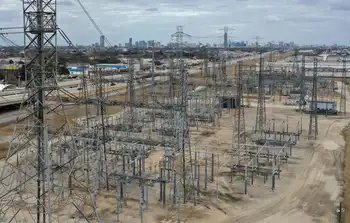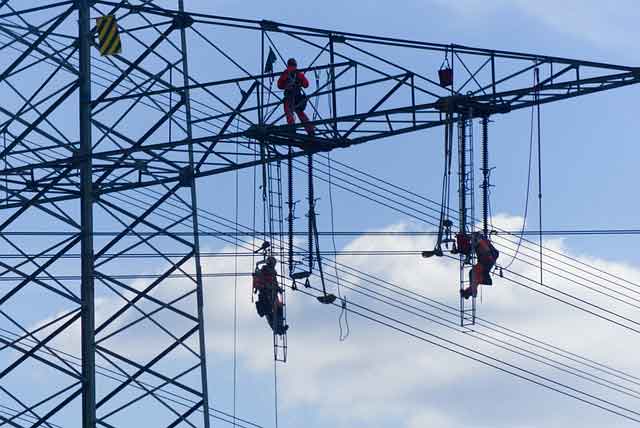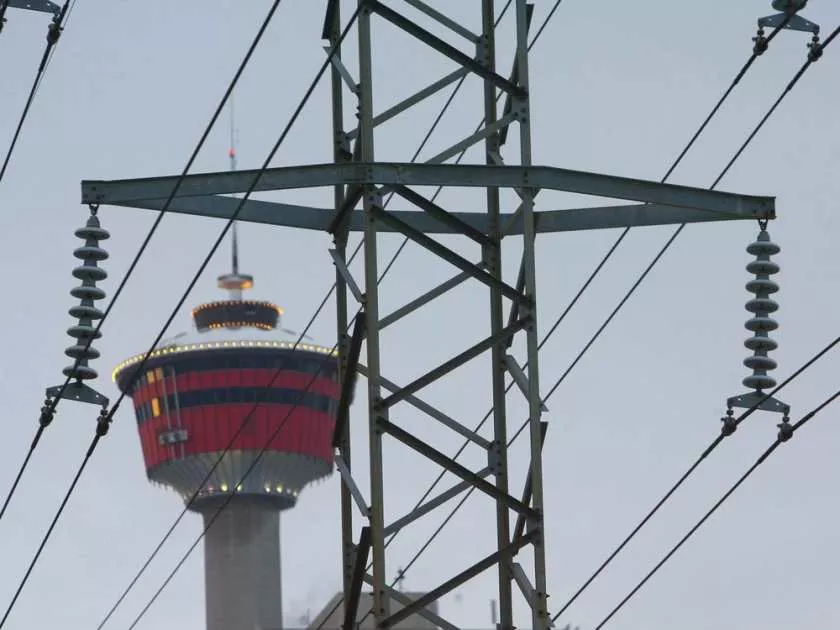A case of turning 'swords into ploughshares'
SASKATCHEWAN - Viewed objectively, the use of high-enriched uranium (HEU) at Chalk River Laboratories to make medical radioisotopes is an impressive case of turning "swords into ploughshares".
Consider this: Canadians take relatively small samples of a material so associated with violence, and convert them into medicine that saves millions of lives around the world each year.
While not the only way to make these "workhorse" medical radioisotopes, HEU is currently the cleanest and most efficient. This ensures the medicine produced remains accessible to the broadest possible patient base.
The risks associated with the relatively small quantities of HEU are well understood and managed to rigorous international standards by the safety and security programs at Chalk River. These programs are regulated by the Canadian Nuclear Safety Commission (CNSC).
Consequently, the risks are far outweighed by the enormous global benefit offered daily. As a leader in nuclear weapons nonproliferation, Canada helped found the International Atomic Energy Agency in 1957, as well as many of the principles and measures that guide its global inspection and verification regime today.
Canadians, in fact, have a proud history with the "peaceful atom":
Shortly after the Second World War, Canada became the first country to forsake its nuclear weapons knowledge in the name of peaceful uses of nuclear energy.
Almost immediately, Canadian doctors and scientists began developing nonintrusive diagnostic and therapeutic procedures that used radioisotopes made at Chalk River's world-leading facilities.
By 1951, this had led to the world's first Cobalt-60 cancer therapy machines (at both the University of Saskatchewan and the University of Western Ontario). Today, this is a major weapon in the war against cancer.
At the same time, nuclear medicine techniques pioneered in Canada quickly evolved to a powerful field of medicine that today is involved in one-third of all visits to hospitals in North America each year.
Many of these advances took place in Saskatchewan under scientists like Harold Johns and Sylvia Fedoruk (later a lieutenant governor of Saskatchewan).
When the world turned to nuclear reactors for electricity production, Canada again led the field, developing the remarkable CANDU that the Canadian engineering profession considers one of the top 10 achievements of its first century (an honour bestowed in 1987).
Today, CANDU reactors on four continents are among the safest and most reliable in the world. In Canada alone, nuclear electricity avoids 80 million tonnes of greenhouse gases annually, plus another million tonnes of air pollution that would have taken the lives of up to 1,000 Canadians each year.
Although few Canadians are aware of it, this proud history and technology belongs to each and every one of us. Indeed, given its overwhelming benefits, one can rightly consider Saskatchewan uranium as "Canada's life-saving secret".
Related News

18% of electricity generated in Canada in 2019 came from fossil fuels
CALGARY - California recently announced that it plans to ban the sales of gas-powered vehicles by 2035, Ontario has invested $500 million in the production of electric vehicles (EVs) and Tesla is quickly becoming the world's highest-valued car company.
It almost seems like owning an electric vehicle is a silver bullet in the fight against climate change, but it isn't. What we should also be focused on is whether anyone should use a private vehicle at all.
As a researcher in sustainable mobility, I know this answer is unsatisfying. But this is where my latest research has led.
Battery EVs, such…




